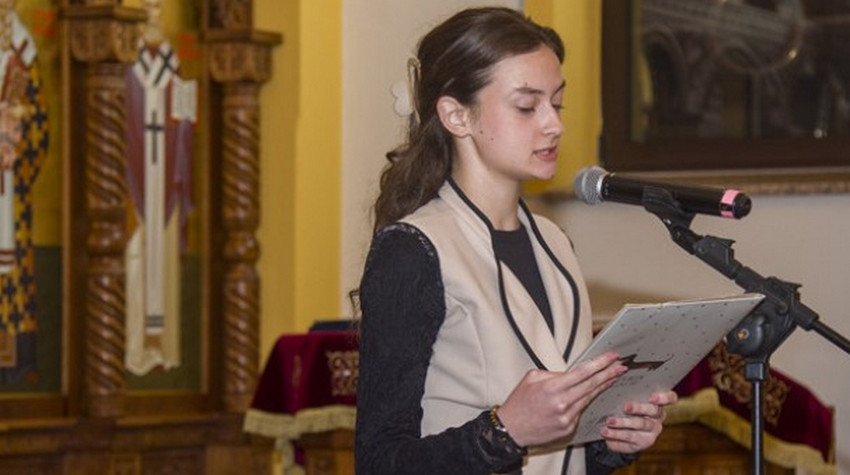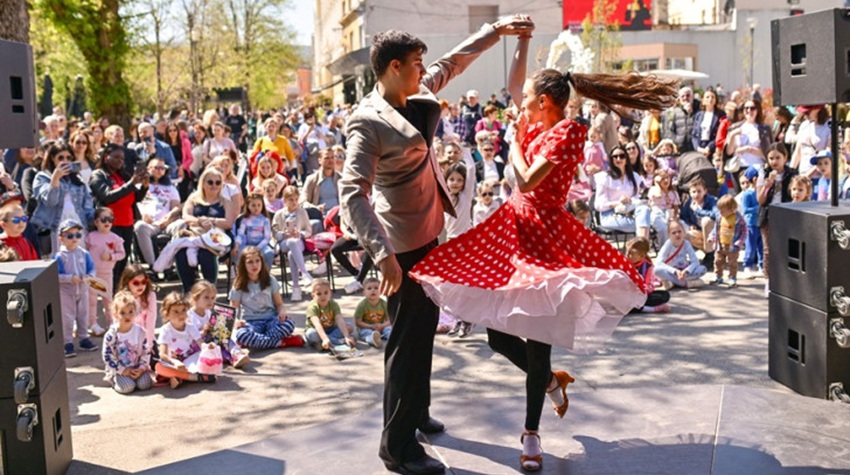BIJELJINA KEEPS THE MEMORY OF SOFKA NIKOLIĆ ALIVE
Plans are underway for the restoration of the “eternal home” of legendary singer Sofka Nikolić at the City Cemetery Pučile in Bijeljina.

- - We owe it to our Sofka Nikolić to have a worthy place of eternal rest, so her chapel will shine in full splendor, befitting her name and legacy, says Bijeljina Mayor Dr. Ljubiša Petrović.
Sofka marked a significant period in the life of Bijeljina and Semberija, whose people adored her in her time, and so do their younger generations. A large mural with the image of the woman who, with her voice, stature, beauty, and kindness, endeared herself to the people of Semberija, although she was not born in this city but in Tabanovići, Mačva, near Šabac, in 1907. As a young girl, she sang at fairs, attracting attention to herself. At 15, she performed in one of the most famous taverns in Zvornik, on the left bank of the Drina. "She married young to musician Paja Nikolić, the head of the Great Orchestra, and soon moved to Mostar," chronicle the historians. "In the local tavern 'Lira,' among others, she enchanted Aleksa Šantić, performing his 'Emina'.
Izvor: Info Bijeljina

DUNJA MALBAŠIĆ – A SPARK FOR THE FUTURE OF OUR REPUBLIC

NEW AIR ROUTE FROM MAHOVLJANI TO LAUNCH THIS SPRING

LIDL TO OPEN STORES ACROSS BOSNIA AND HERZEGOVINA IN 2026: MAP AND LIST OF CITIES REVEALED

BANJA LUKA ATTRACTS A RECORD NUMBER OF TOURISTS

VERSES BY GREAT POETS AT POETRY EVENING IN DERVENTA

BUSIJA – A MAJEVICA OASIS FOR ESCAPING EVERYDAY LIFE

THIS IS HOW THE NEW CHRIST THE SAVIOR CATHEDRAL IN EAST SARAJEVO WILL LOOK

LIDL TO OPEN STORES ACROSS BOSNIA AND HERZEGOVINA IN 2026: MAP AND LIST OF CITIES REVEALED

TREBINJE SHINES AT THE ST. SAVA BALL IN VIENNA – A STRONG PROMOTION OF HERZEGOVINA’S TOURISM

THIS COUNTRY IN THE REGION LACKS 65,000 WORKERS


 The situation at the border crossings
The situation at the border crossings
